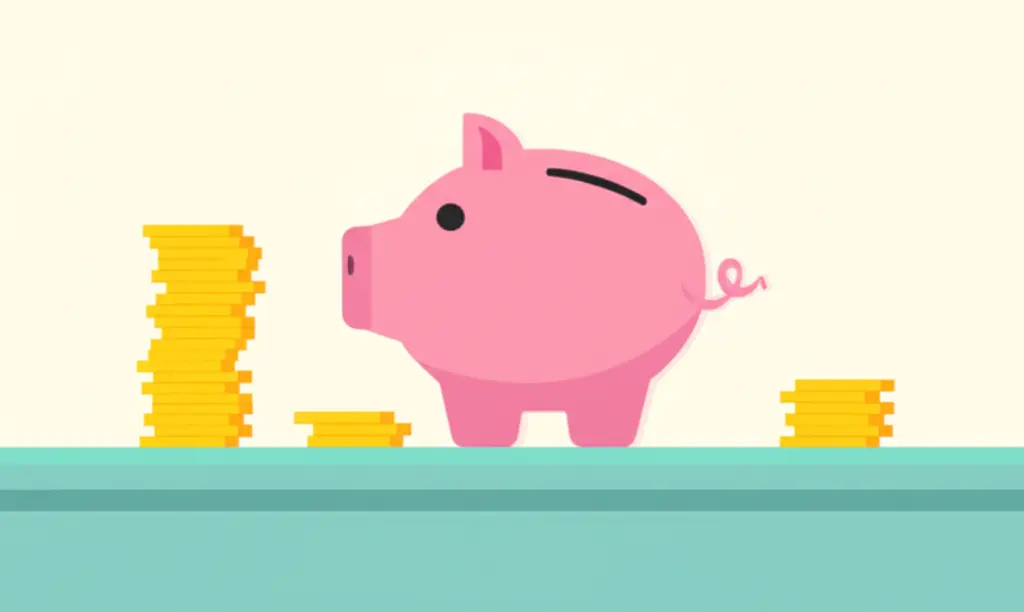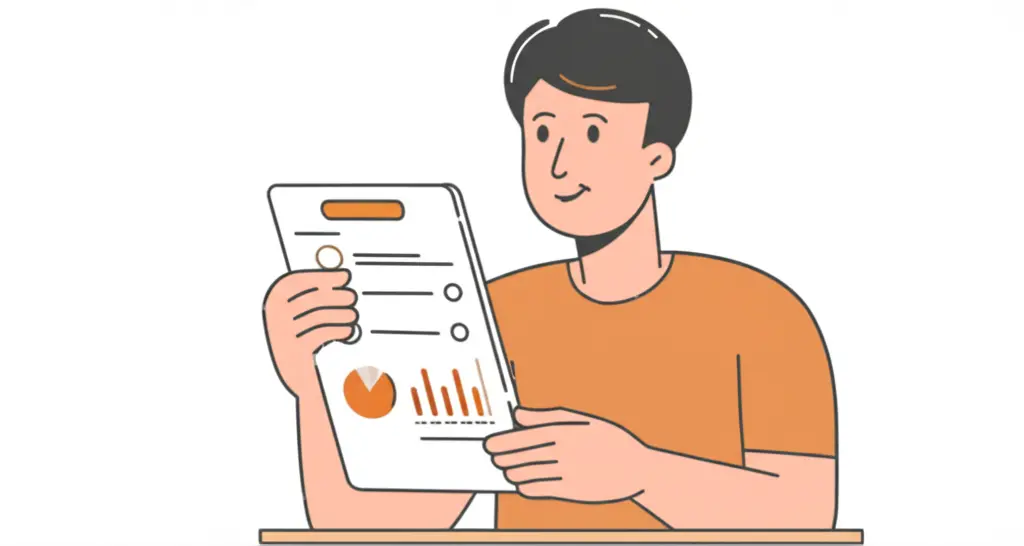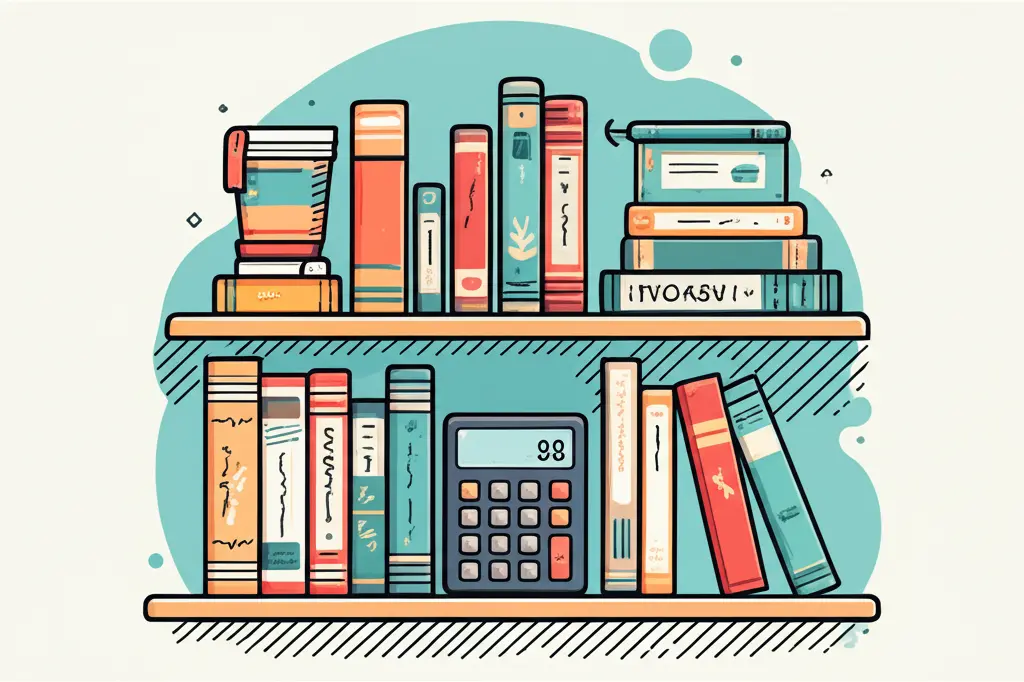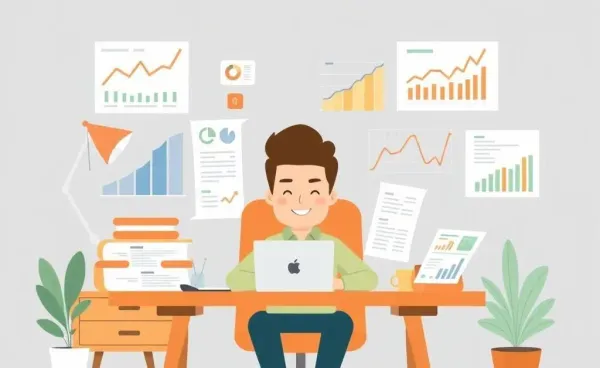Mastering Personal Finance: Your Guide to Financial Literacy
Unlock financial success with practical tips on budgeting, saving, and investment.

Let's dive into a topic that often feels both exhilarating and daunting: personal finance. Whether you're just starting out or looking to sharpen your skills, mastering financial literacy is crucial for achieving your long-term goals.
What is Financial Literacy?
Financial literacy is the ability to understand and effectively use various financial skills, including personal financial management, budgeting, and investing. It's not just about knowing how money works, but how it can work for you. Think of it as your trusty handbook for living a financially successful life.

Why is Financial Literacy Important?
You might be wondering why all this matters. Well, financial literacy equips you with the tools to make informed decisions — from the small ones about daily spending to bigger ones like investing in a home or saving for retirement. Plus, it significantly reduces financial stress.
Starting with the Basics: Budgeting
Budgeting is arguably the cornerstone of financial literacy. Creating a budget helps track your income and expenditures, making it easier to identify areas to cut costs and save more. Here's a simple step to get started: categorize your spending into needs, wants, and savings, and allocate your income accordingly.

The Power of Saving
Building a savings habit is essential. Whether you're saving for an emergency fund, a vacation, or a new gadget, setting a savings goal helps keep you motivated. Consider using a high-yield savings account to make your money work more effectively for you.
Investing: When and How?
After you've mastered budgeting and saving, investing might be the next logical step. But don't rush into it! Take time to understand different investment options like stocks, bonds, and mutual funds. You might find online courses or books helpful for gaining a deeper understanding before diving in.

Where to Learn More
Books and online resources are a great way to expand your knowledge. Consider reading classics like 'Rich Dad Poor Dad' or exploring online courses from platforms like Coursera or Udemy.
Conclusion: Your Financial Journey Awaits
Mastering personal finance takes time, effort, and a willingness to learn from mistakes. But remember, every step you take is a step towards financial freedom. What's one change you're planning to make in your own financial journey?




